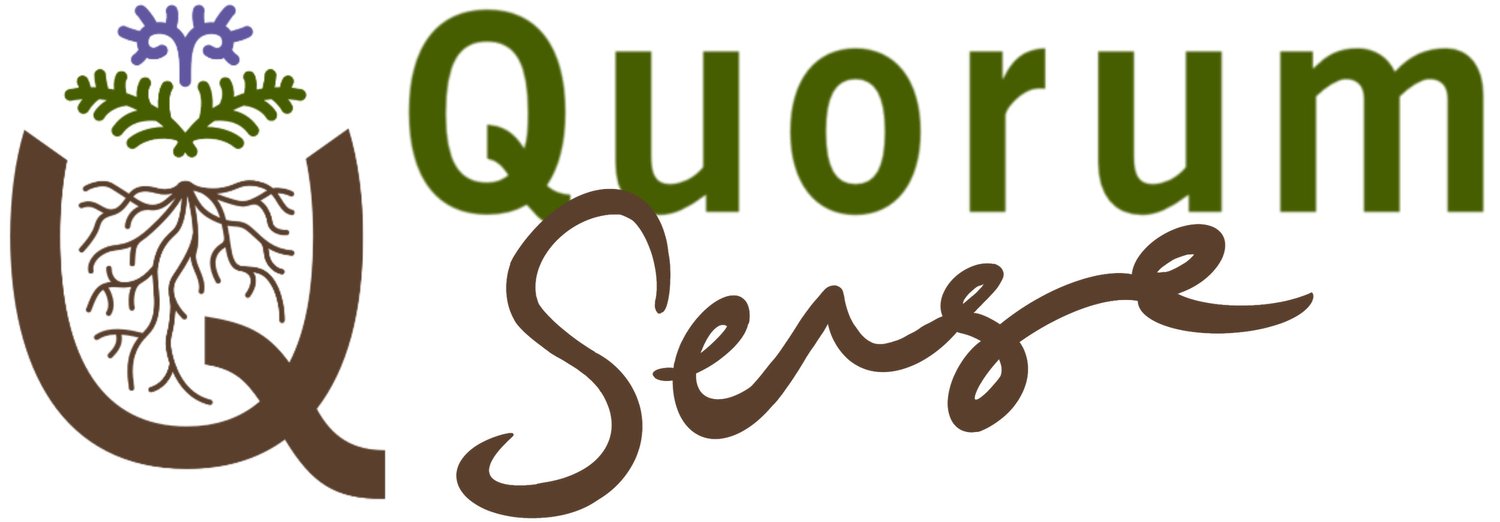The White Family
Sherwood Farm, Ashley Clinton/Makaretu, Central Hawke’s Bay
The Whites have been farming at Sherwood Farm since 1880. The system is a low cost, pasture-only, self-contained, low stress, once-a-day-milking, low risk operation.
The motivation for Willie to transition to regen organic dairying was the economics. The philosophy then takes care of itself. He could see for himself and being able to envision that this was the answer to all the challenges facing the wider dairy industry, whether they be economic, environmental or social.
From the conventional system in place 6 years ago, there has been a 20-30% reduction in stock numbers for a 50% reduction in Farm Working Expenses across the board but particularly for large items such as fertiliser, feed (cropping) and imported feed. Overall, it is more profitable.
Farming Practices
Zero synthetics with a full biological/organic system
Adaptive grazing
Currently using Halter but is shifting back to not using it
Grazing Management
The main grazing management strategy is the focus on full recovery of pasture pre-grazing. The round is on average around 40 days across the milking season. They have learnt that total graze with full recovery works best for encouraging more desirable pasture species, cycling nutrients and animal nutrition.
They are aiming for permanent pasture diversity with four plant families present. They have done very little planting the last three years, although did undersow some old seed in the autumn to use it up more than anything.
No external feed inputs are used.
Biological focus to fertility as organic certified
Animal health approach is alternative – free choice lick, homeopathy and herbal remedies
Changes / Benefits
They have noticed deeper roots and deeper black topsoil layer with more worms.
Animal health improvements across the board
Environmental Stewardship
Have developed a number of wetlands and there are annual tree planting programmes.
To reduce environmental impacts, they have a lower stocking rate, no N fertiliser and a deeper root zone.
Looking Ahead
Plans for the future include more trees – in the long term, to have mature, diverse shelter surrounding every paddock. And to continue to produce more with less with adaptive genetics and improved soil health.
What’s one thing you’ve learned that surprised you?
Large elements of the industry are leading us down a path that is not good for the farmer – either unknowingly or knowingly.
What would you do differently if you started again?
Not a lot as you have to make mistakes to grow and learn. There was definitely a case for less dramatic first year grazing transition – in saying that, it worked for one farm and not the other.
Find out more
Willie has featured on a Quorum Sense podcast where Jono Frew sat down with Willie to hear about his journey into organic regen dairy farming.
From humble beginnings on the family farm as a child - and watching his parents convert a part of the farm to dairy - Willie has always had a strong connection with the land. After a career in rural banking, Willie came home to take on the family dairy farm.
Attending a local field day where a dairy farmer was showcasing his diverse pastures which allowed him to not need to use synthetic nitrogen fertilisers, Willie had a penny-drop moment. And he set about converting to organic supply.
Looking back, Willie says he's thrilled with the outcomes of that choice, and what it's done to his farm's health and resilience, and to the bottom line.




